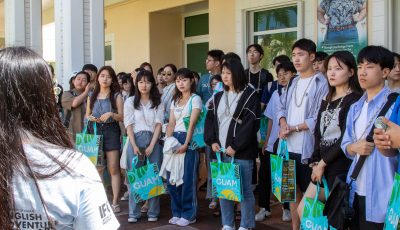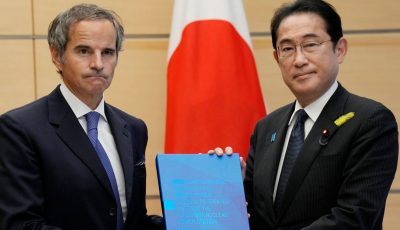The UN Climate Summit
With coal burning the favored means for warmth and cooking in cold Manchuria, I wake up in the mornings to the scent of coal tar. This week, northern China hoisted a smog alert as particles in the air exceeded acceptable limits.
I lived in Saskatoon, in the Saskatchewan prairie of Canada in 1976 as a director of the Institute of Cultural Affairs. ICA started a global network of human development projects after a Westside inner city Chicago experience featuring participatory involvement of residents, with the enabling outsiders facilitating the process. It was at once democratic and honoring of local wisdom.
Most volunteers were white folks who I pegged as utopian dreamers. When they showed up in Manila in a rundown neighborhood in Santa Ana, I gave them a second look. After a training session in Korea in ’72 when I returned from schooling in the United States, I came out with a global perspective and local commitment that I later called glocal. The globalization I experienced with the earthrise of ’68 married a covenant with the local, the methods’ focus of ICA human development.
Habitat ’76 was the UN’s emphasis in Vancouver and I helped present a three-screen slide show on the efforts of comprehensive human development at the community level. ICA competed for attention with NGOs present to highlight their work. Like most international assemblies, it was heavy on gloss and glitz but short on engaging information.
I remember all these as the UN held a one-day summit on climate change last month presided over by President Barrack Obama. NYC saw a massive demonstration of support for dealing with the worsening climate condition around the world. Only last week, the twin typhoons in the western Pacific had Phanfone ravaging Japan while Vongfong got Guam and Saipan on their toes, and still reeling from Phanfone, Japan again on the tail whip. These were Japan’s worst typhoons ever, capping a number of occurrences higher than previous years.
Many in the academic community and members of the U.S. Congress consider climate change as a liberal “ruse,” not only to be ignored but also to be denied, and when it affects policy, to be opposed.
From 1974 to 1984, I lived in an old building at the corner of Lawrence and Sheridan Uptown Chicago where I operated under global assignment. We were methods’ storm troopers! ICA Chicago housed close to 3,000 global volunteers during Summer Research Assemblies to report to each other, and finesse their repertoire of human development methods.
The effort was quixotic, an assault on the “barbwires” of history by a bunch of well-intentioned and highly disciplined “utopian dreamers.” In 1986, it had enough sense to dissipate when the center structurally could no longer hold.
Now known as the GreenRise building of Chicago, it installed 483 solar panels on its roofs. A cultural heritage site, I visited the place in 2009 to conduct my own emotional closure. I noticed green vegetables growing out of hydroponic contraptions on its windows. ICA Chicago demonstrates what is humanly and environmentally possible in its own neighborhood.
Most ICA’s volunteers grew out of the tradition where the ethos of the “dead one walking” (resurrection) is deep, thereby you have people who “just do it” (Loyola) without being anxious on who gets the credit. They joined the oikoumene of the times, with a spirit consciousness rooted and nourished on expenditure rather than competitive accomplishment, replicated in many places when the group broke up into a “thousand lights”.
David Zahrt returned with his wife to his farm in Iowa to run a bed and breakfast business, retired and resides in Carson City NV; at 77, he joins marchers this summer from California to Washington, D.C. to dramatize the reality of climate change, and what ordinary folks can do about it.
Joyce and Gene Marshall built a house in Bonham, Texas, demonstrating ecologically friendly materials, and serves as a gathering place for a covenanted network of folks called the Symposium on Realistic Living. They walk their talk!
The fallacy of the UN as a “doing” body is the assumption that it can enable nation states to work together on climate change, much as they thought they would on human settlements during the UN Habitat ’76 in Vancouver. Not.
The crisis revealed by Ebola is not that the virus itself is a global threat but that certain parts of the world still struggle with basic challenge of hunger and nutrition. Much of that comes from nation states designed to act like “big brother” who provides what its citizens need. Not. Nation states around the world exist for the sake of its rulers, a favored few. In fact, if Ebola did not threaten the oil business, we would not have the high-volume hue and cry we hear today. Democracy teaches individuals to fend for themselves in concert with other individuals, in their local communities.
That’s the power of people like David, and small groups like the ICA and RLI: They just do it!



























